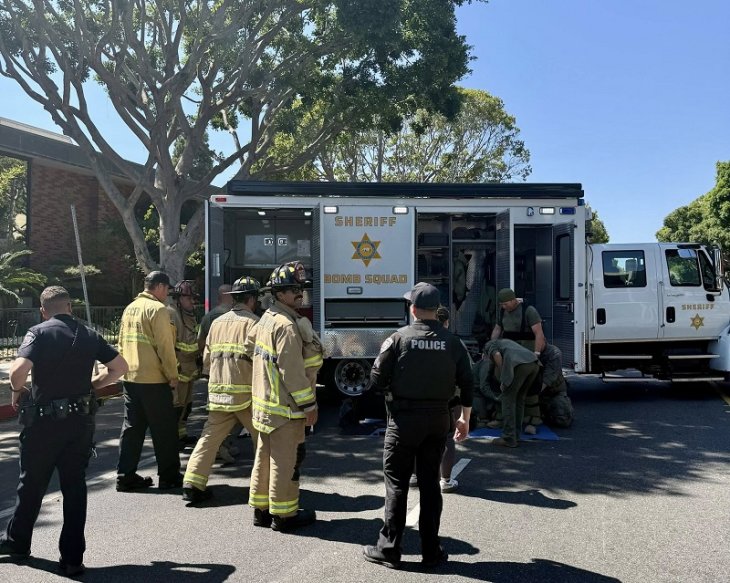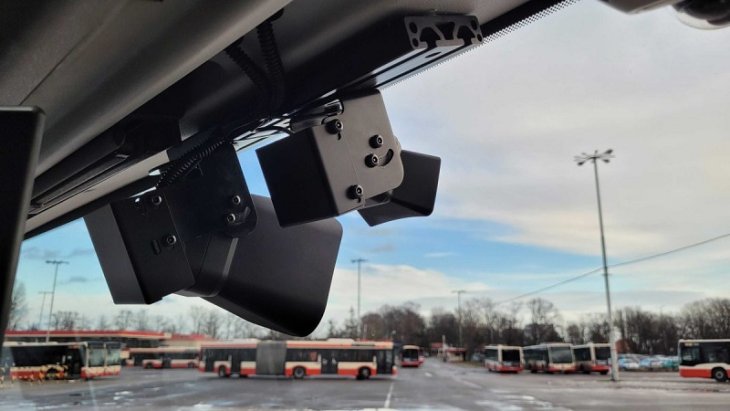By Thomas D. Elias
No other state has a cap-and-trade system anything like California’s for limiting and, in the long run, vastly reducing production of greenhouse gases behind climate change.
In fact, the chairmen of every key congressional committee and subcommittee on the environment where this issue is heard are all long-term climate change deniers, best exemplified by Oklahoma’s Republican Sen. James Inhofe, who once said his granddaughter was “brainwashed” when she asked him about the issue. He heads the Senate’s Committee on Environment and Public Works, a job once held by retired California Democrat Barbara Boxer.
That’s just one way California is different from most of the rest of America, especially the wide swath of “red” states stretching from the Rocky Mountains east to the crest of the Appalachians.
But the mid-July vote in which California legislators overwhelmingly extended the cap-and-trade program until at least 2030 exemplifies why almost one-third (32 percent) of Californians said in a springtime poll that they’re at least somewhat interested in seceding from the Union.
On that issue, votes in both houses of the Legislature exceeded the two-thirds supermajority needed to prevent threatened future lawsuits claiming cap-and-trade is a tax, not a fee. It takes that large a margin to pass a new tax, meaning this doesn’t happen very often.
But it did this time, and seven Republicans who voted for the extension were critical to its getting 55 votes in the Assembly, where 54 out of 80 were needed. There was also a single Republican vote for cap-and-trade in the state Senate, where 27 of 40 votes were needed and the extension actually got 28. The GOP votes were vital because a few Assembly Democrats defected to the “no” side.
Those eight Republicans made up more than 20 percent of the GOP’s legislative membership; a vote like that to fight climate change could never draw nearly so much Republican support in any other state these days.
But this is only one area where California is vastly different from most of America. Some other fields where polls and election results show most Californians want policies at variance with those of the Trump Administration and much of Middle America: gun control, sanctuary policies for at least some undocumented immigrants and strong voting rights, to name just three.
In that light, some are seeing the cap-and-trade vote as more than just an extension of a unique state policy. They see it as something like the first salvo in their wished-for divorce proceeding from the Union.
This is nowhere better expressed than in an open-letter essay in the new journal Grizzly, published by the nascent California National Party, whose purpose is a push for independence.
“You can do whatever you want,” the essay says to the rest of America. “You want a country where everyone looks like you? You can have it. You want a government that thinks like you? You can have it. In California, we just had a Senate race where only Democrats ran. You’ll have your own presidential races where the choice is between one conservative Republican and another even more conservative Republican. Good for you. You want no environmental restrictions? You can have it. We’ll shed a tear when you start open-pit mining in Yellowstone, but we won’t do a thing to stop you. You want to establish an Evangelical state religion? We won’t have any say in what you do anymore.”
That’s putting it pretty strongly, but it represents a little bit of the frustration some Californians felt when several small states imposed their political will last year via the Electoral College.
“Think about his for a minute,” the essay continues, “You won’t have us always butting in with our political correctness… And don’t worry about losing us. You don’t need us. You’ve got the oil and the gas and the amber waves of grain. You can build pipelines…you can drill offshore.”
That may be a very fanciful vision, but there’s little doubt about how different California is from most of the rest of America. The secessionists are merely saying they’d like to formalize that reality.






















